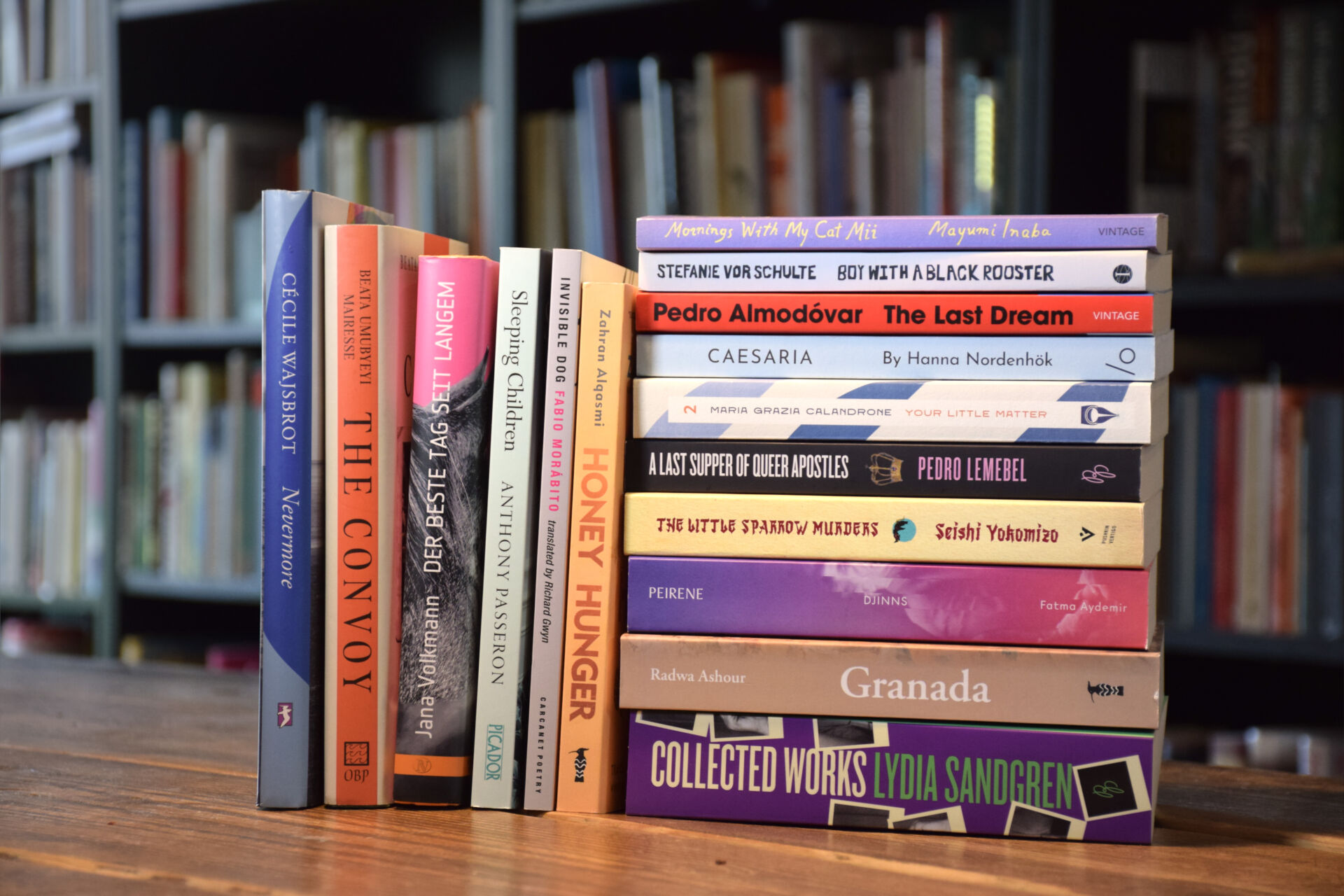First published on joannechocolat.tumblr.com
Anyone who has ever written for Woman’s Weekly will already be aware of the fact that the parent magazine group, formerly International Publishing Corporation, IPC Media and Time Inc. UK, has been rebranded, with some personnel changes, as TI Media. Look it up on Wiki and you’ll know that this giant company (CEO Marcus Rich) has a portfolio selling over 350 million copies each year, and is owned by a fund affiliated with British private equity firm Epiris.
What the rest of the reading and writing world may not yet be aware of, however, is what the firm is doing with rights.
Rights are what an author sells to a publisher, be it a book or a magazine publisher, that allows them to publish the author’s work. There are also film rights, stage rights, media rights, foreign rights, which are sometimes bundled into a contract as part of a publishing deal, or negotiated separately, depending on the author. It is generally accepted that if you sell the rights to a short story to a magazine, you’re only selling them the magazine rights. You shouldn’t also be giving them the right to republish elsewhere without paying you, or to adapt your story for TV, or make it into a movie, or recreate it as a game, or translate it into different languages, without paying anything to the author.
And yet, that’s what TI Media are doing with the short story writers at Woman’s Weekly.
Here’s a bit of background from one of the womag writers concerned.
As you’ll see, Woman’s Weekly writers were originally paid £150 for a 2000-word short story (which is already a very low rate of pay for original fiction). Most writers, barring a few bestselling novelists, are already very poorly paid. The average professional writer, according to figures from the Society of Authors, earn less than £11,000 a year. That’s a drop of 40% over the past ten years, even though the publishing trade is doing better than ever.
And now, here’s a giant media corporation offering only £100 per story, and demanding all rights, including moral copyright. That means that if they then sell the story to someone else, the author doesn’t even have the right to have their own name shown on the piece.
This is a completely unfair and exploitative deal, and in most other EU countries, wouldn’t even be allowed. But as we prepare to leave the EU, companies like TI Media are preparing to close in, hoping to snaffle whatever they can from authors already facing a dramatic cut in earnings.
In real terms, it means that, as an author, you’d be giving up all the valuable rights to your work, forever, including the right to have your name on the project, for no more than the initial sum of £100 (or whatever you’re left with after income tax). That means:
If TI Media ever decided to sell those rights to make a multi-million-pound grossing movie, you’d get nothing. Not even your name on the credits.
If TI Media ever decided to syndicate your piece to all its other magazines (and it has many, including Marie Claire, NME and Country Life), you’d get nothing.
If you ever wanted to use your story in a collection of your short stories, you wouldn’t be allowed to. It would belong to TI Media.
Forever.
So if you care about justice, you should be watching what ‘s going on here. If you care about reading, whether or not you’re not you’ve ever read a TI Media magazine, you should be watching what’s going in here. If you’re a writer of any kind, you should be watching what’s going on here. Because this isn’t just an attack on a handful of womag writers. It’s an attack on all writers, and on the very concept of authors having rights at all.
I’ve been trying to raise awareness of this situation through my various social media platforms, and I’m afraid that some authors (especially male authors of literary fiction) haven’t been what you’d call quick to react on behalf of these women’s magazine authors. But here’s the thing. Womag writers are the canary in a very deep literary mine. If we, the more influential and better-protected folk of the literary world, allow their rights to be exploited, then sooner or later companies like TI Media will come for the rest of us. Tomorrow it could be your publishers they’re taking over. And when that happens, you’ll be glad you stood up for the rights of those Woman’s Weekly writers.
So please, all of you: make some noise. Whether or not you’ve ever written for Woman’s Weekly (and I haven’t) make some noise. Protest. Resist. Don’t write for them. Don’t sign their exploitative contracts. If you’re a new writer, be forewarned. Don’t let them scoop you up, easy prey, in the place of more seasoned writers standing up for their rights. There are other, better magazines than Woman’s Weekly out there. Don’t be lured by false promises. Keep control of your moral rights. Don’t sign away your future.
Readers, don’t buy their magazines – and there’s a full list of all of them here on Wikipedia – until they agree to better terms for their short story writers.
Writers; talk to your trade union – be that the Society of Authors, the Writers’ Guild, or any other. Call out @TI_Media_UK on Twitter. So far they’ve ignored every attempt to communicate or negotiate – and that’s because they think our voices can safely be ignored.
Let’s show them they’s wrong.
Because, fellow-authors (and I’m looking especially at you, white, middle-aged male writers of litfic), this isn’t just about the rights of womag writers. Their rights are your rights. Their business is your business. And what unites us makes us stronger in the face of those giants who think they can bully us.
We’re writers, for fuck’s sake. We know how to use words. So let’s use them to make this right. Because there’s no place for “I’m all right, Jack” in the writing community. Bestseller or not, woman’s writer or not, we all know the difference between right and wrong. And this is a wrong that we can right, together, and for all of us.






